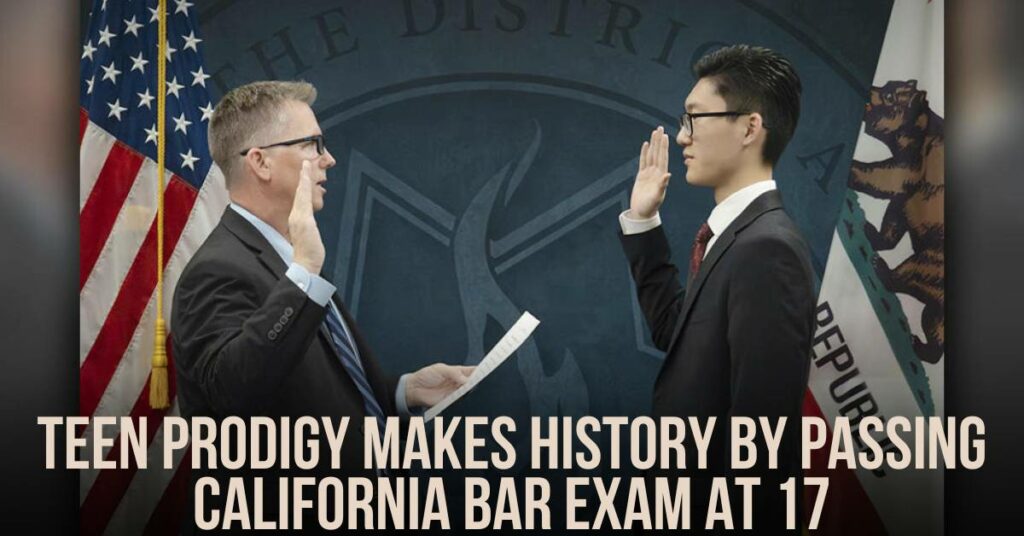In a groundbreaking move, California has taken a significant step towards improving the working conditions and wages of fast food workers. Governor Gavin Newsom signed legislation that will raise the minimum wage for fast food employees to $20 an hour, marking a hard-fought victory for both workers and union organizers.
This decision comes after a unanimous city council vote in Fresno, California, to address the issue of wage disparities in the fast-food industry.
Historic Minimum Wage Increase
The new legislation, which will go into effect on April 1 of the next year, will substantially increase the minimum wage for fast food workers. Currently, the state’s minimum wage stands at $15.50 per hour and is set to rise to $16 an hour on January 1. However, fast-food workers will see their wages increase to $20 an hour, benefiting those employed by fast-food restaurants with at least 60 locations nationwide.
Establishment of a Fast Food Council
One key aspect of the law is the creation of a nine-person fast food council. This council will include two representatives from the fast food industry, two representing franchisee groups or restaurant owners, two employee representatives, two members from employee advocacy groups, and one member of the public.
The council’s purpose is to address various issues, including wage increases, working conditions, workplace safety, and other labor-related concerns.
Progressive Wage Increases
From 2025 through 2029, the council has the authority to increase the hourly minimum wage for fast food workers annually, with a maximum increase of either 3.5% or the annual change in the consumer price index (CPI), whichever is lower. During this period, only the council will have the power to set wages for fast food workers. However, the law only authorizes the council through 2029.
The Impact and Ongoing Battle
California’s fast-food industry, with over 550,000 workers, stands to benefit significantly from this wage increase. Most of these workers are women and people of color, making this legislation particularly meaningful for addressing wage disparities.
Supporters of the law believe that it will not only improve conditions for fast food workers but also inspire workers in other states who have been organizing for better wages and working conditions.
Opponents in the restaurant industry had previously lobbied against the law, but this revised version addresses some of their concerns. The law does not grant the council lawmaking authority, and it is seen as a more stable and predictable regulatory framework for the industry.
A Step Towards Change
For fast food workers like Anneisha Williams, who spoke at the signing of the legislation, this increase in the minimum wage represents a significant improvement in their lives. Williams, who currently makes $17 an hour working at Jack in the Box in California, sees this wage hike as a way to address financial challenges, support her family, and work towards escaping poverty.
Additionally, being a part of the council allows workers to have a voice in discussions with corporations and companies, highlighting their determination to make positive changes for everyone involved. This historic decision in California reflects a broader movement to address wage disparities and improve working conditions for all.




